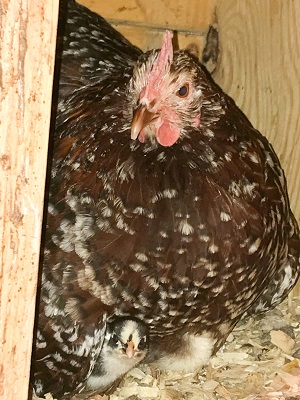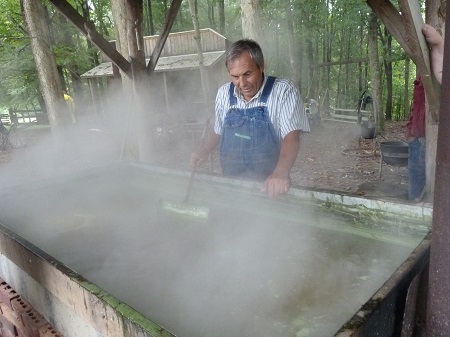Chasing Rabbits
 We often hear dogs chasing rabbits behind our house. They may or may not catch any rabbits. However, we know the chase ends when the barking stops.
We often hear dogs chasing rabbits behind our house. They may or may not catch any rabbits. However, we know the chase ends when the barking stops.
Many of us also enjoy chasing rabbits. Whether we have seen rabbits or not, we have chased them. The chase may occur:
- Inside or outside
- At home or away
- In our minds or in our words and actions
- By ourselves or with others
- Because we are bored, lazy, or tired
We chase rabbits when we get off the subject.
Rather than talk about business, we discuss other issues.
- Students ask unimportant questions, hoping to avoid classwork.
- Workers discuss sports or unrelated topics with bosses.
- Family members avoid difficult issues.
Chasing rabbits usually causes no harm.
We get back on subject and do what we have to do. Many teachers, bosses, and family members enjoy brief breaks too.
Occasionally chasing rabbits leads to disaster.
We love to watch rabbits in our garden spot of the world. However, we don’t love the problems they cause.
Those cute little creatures, that appear all ears, damage:
- Gardens
- Trees
- Shrubs
Likewise, we love chasing rabbits. However, it keeps us from important work. If we fail to stay focused:
- Grades drop.
- Businesses fail.
- Relationships suffer.
 Rabbits are fun when they cause no damage. Chasing rabbits is fun, if we eventually tackle the work before us.
Rabbits are fun when they cause no damage. Chasing rabbits is fun, if we eventually tackle the work before us.
Enjoy breaks, but get the job done.
“Now finish the work, so that your eager willingness to do it may be matched by your completion of it, according to your means” (2 Corinthians 8:11 NIV).
Thanks to Carole Fite for the suggestion.
Do you have an expression you want explained? If so, please comment below.
Subscribe to receive my weekly posts by email and receive a free copy of “Words of Hope for Days that Hurt.”
If you enjoyed this post, please share it with your friends.
 Please welcome my friend Martin Wiles as today’s guest writer. Martin is the founder of
Please welcome my friend Martin Wiles as today’s guest writer. Martin is the founder of  “The early bird gets the worm.”
“The early bird gets the worm.” The water from
The water from  Most of us have probably had sour grapes moments. We want something but cannot get it.
Most of us have probably had sour grapes moments. We want something but cannot get it. If dogs get wet, stand back. We don’t want to be too close when they shake off the water. However, we can learn from their actions.
If dogs get wet, stand back. We don’t want to be too close when they shake off the water. However, we can learn from their actions. Joseph C. Ives explored the Grand Canyon and Colorado River region in 1857 and 1858. He thought it was nothing to write home about. Although he admired the scenery,
Joseph C. Ives explored the Grand Canyon and Colorado River region in 1857 and 1858. He thought it was nothing to write home about. Although he admired the scenery,  We can put lipstick on a pig, but it is still a pig.
We can put lipstick on a pig, but it is still a pig. Recently a cousin wrote, “Our roots run deep and are closely intertwined.” She meant our family has a long and strong history of close relationships. We may not see one another often, but our ties remain. We can depend on mutual love and support.
Recently a cousin wrote, “Our roots run deep and are closely intertwined.” She meant our family has a long and strong history of close relationships. We may not see one another often, but our ties remain. We can depend on mutual love and support. When a storm approaches, a mother hen gathers her baby chicks under her wing. She wants to keep them safe.
When a storm approaches, a mother hen gathers her baby chicks under her wing. She wants to keep them safe. I have been told I am as slow as molasses. I have also been told I go too fast. I suppose my speed depends on what I do.
I have been told I am as slow as molasses. I have also been told I go too fast. I suppose my speed depends on what I do. Pouring molasses is also a slow process.
Pouring molasses is also a slow process.